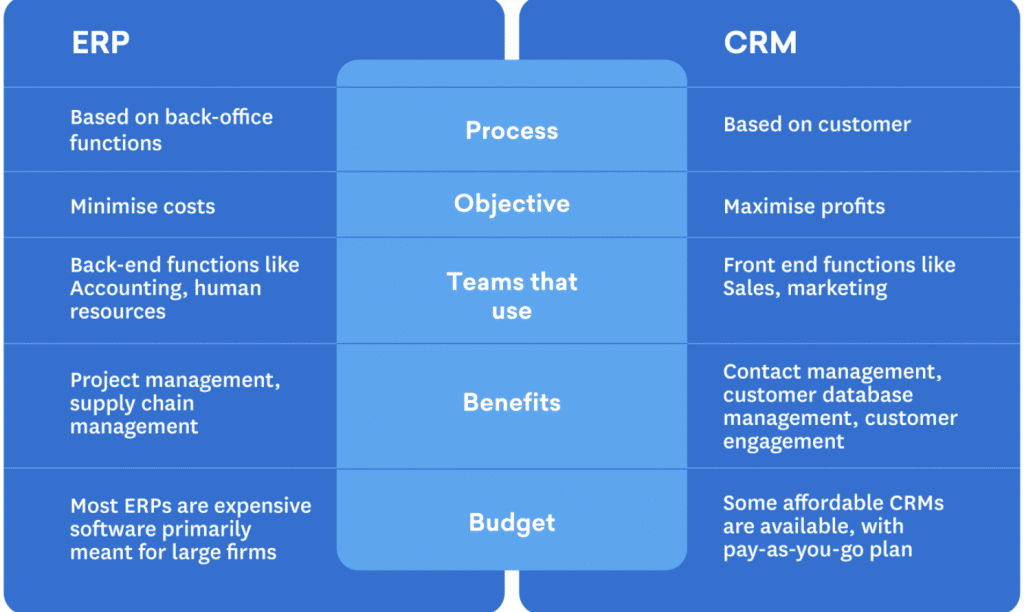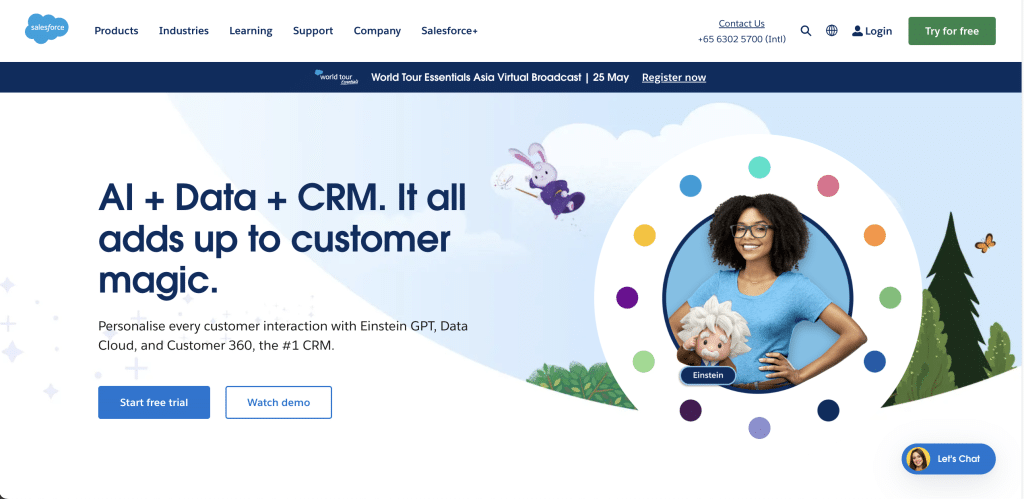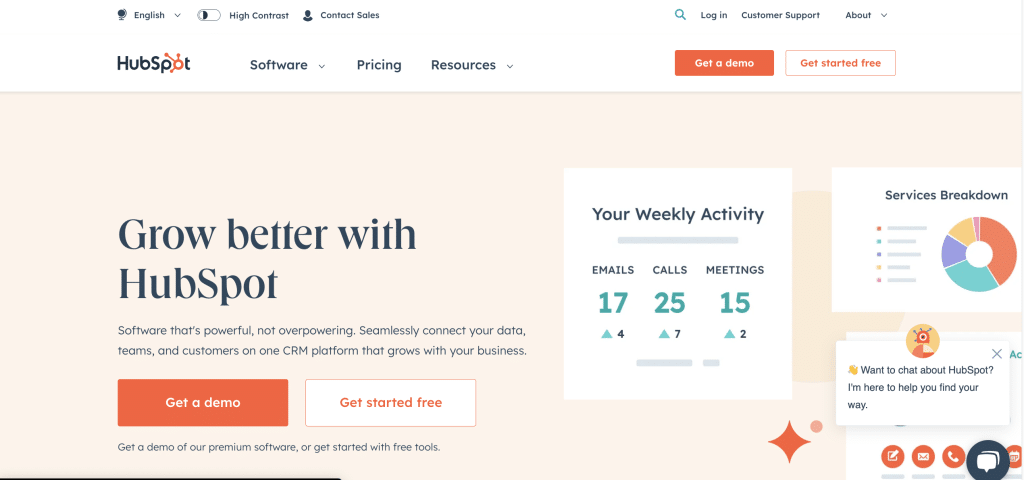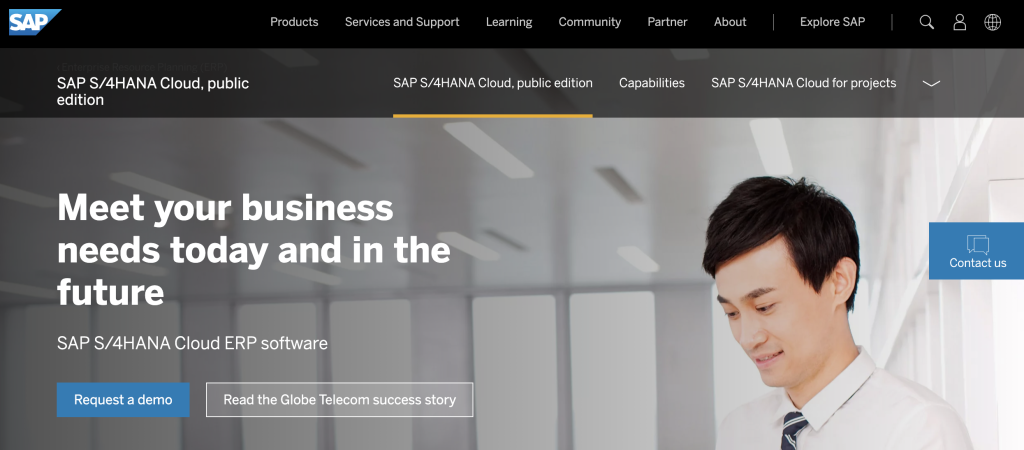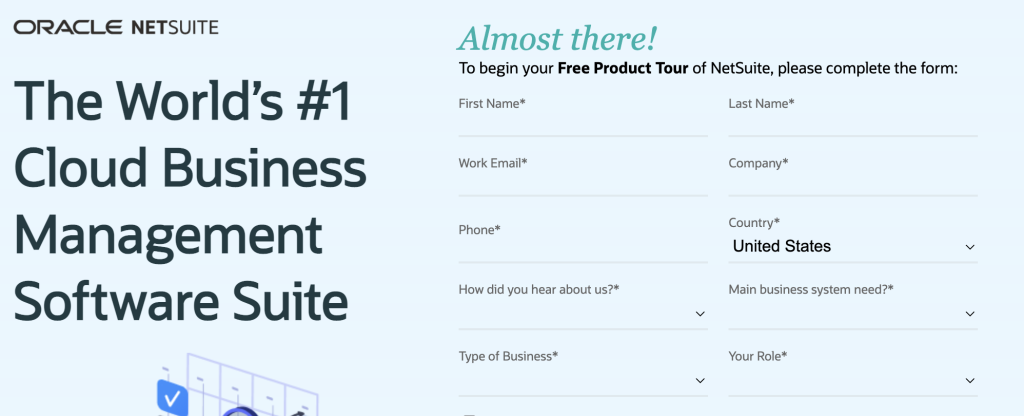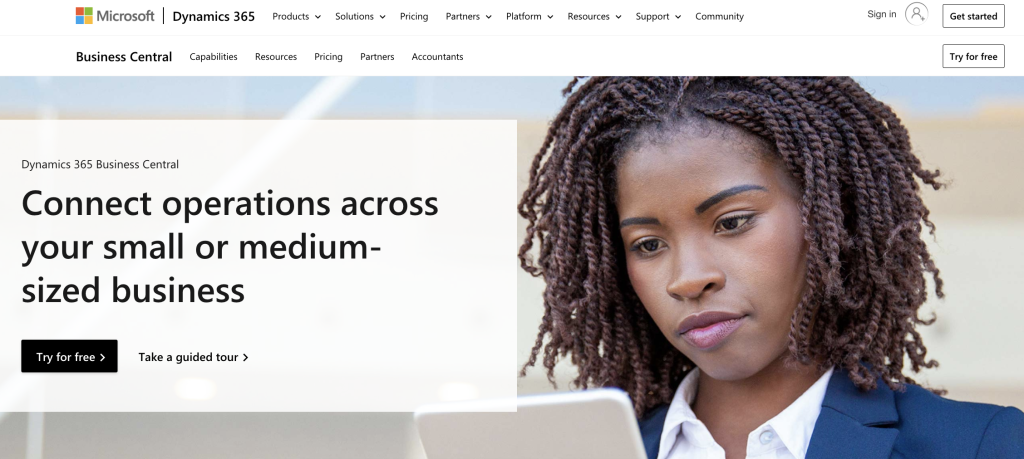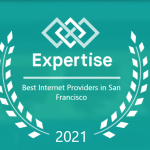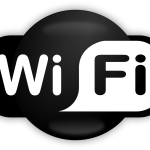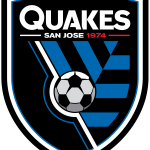Key CRM vs ERP Differences With Examples
In today’s bustling business landscape, picking the right software to manage your operations can be a real head-scratcher. The most common tools in these discussions are Customer Relationship Management (CRM) and Enterprise Resource Planning (ERP). But comparing CRM vs ERP can feel like learning a new language, especially when their features often overlap.
We’ll kick things off with an overview of CRM and ERP, explaining what they do and when they come in handy. Then we’ll dive into the nitty-gritty, comparing their main focuses, how they play with other tools, and what they might cost you. We’ll also walk you through some real-life examples of the most popular CRM and ERP systems out there. By the time you finish this read, you’ll have a firm grip on both CRM and ERP, empowering you to decide confidently which tool is the perfect fit for your business needs. Let’s dive in.
CRM vs ERP: A Basic Overview
Before we dive into the differences, let’s get to understand what CRM and ERP systems are, what they do, and how they can benefit your business. Customer Relationship Management (CRM) is about building and nurturing relationships with your customers with strategies like marketing campaigns. It helps you understand who your customers are, what they want, and how you can meet their needs. Simply put, it’s a contact management tool that customer service departments can utilize.
A major part of CRM’s power lies in its ability to collect and analyze data in a sales pipeline to increase sales volume. In this digital age, data integration tools like Airbyte, Fivetran and Estuary will enhance CRM systems, enabling real-time data streaming and comprehensive data analytics for sales forecasting and financial planning. A CRM is like the central database for your business. But instead of just storing names and phone numbers, it goes a whole lot further. CRM captures every interaction you have with your customers, from the initial contact all the way through to the sale and beyond, details that sales teams would need.
But the power of CRM doesn’t stop at just managing existing customers you’d want to nurture for customer retention. It also helps you identify new business opportunities. It tracks leads, helps you pursue them, and turns prospective customers into actual ones. CRM is all about putting the customer first, helping you provide a personalized, high-quality service that keeps them coming back for more. CRM software systems can help you capture customer details, track communications, manage leads, and identify sales opportunities. Think of it as your personal assistant, keeping tabs on all your customer interactions so you can provide personalized service for high-value customers.
If CRM is the customer champion, ERP is the backstage hero, making sure all parts of your business run smoothly together. ERP integrates different functions across your company into one comprehensive system. Companies like Vivion provide essential ingredients and services that can be managed effectively with an effective ERP system. Think finance, human resource, manufacturing processes, and supply chain – ERP has them all covered. It’s like the conductor of an orchestra, ensuring all the different sections come together to create a harmonious symphony. With ERP, you get an overall view of your business operations. It helps you with resource tracking, inventory management, order processing, and finances handling – basically, everything you need to run your business efficiently.
So, while CRM focuses on fostering customer relationships, ERP is all about streamlining operations and improving internal efficiency. Both are crucial to the success of your business, but they each play a different role.
With ERP, you can have a bird’s-eye view of your business operations. It helps you track resources, manage inventory, process orders, and handle finances, all in one place. It’s like having a 360-degree dashboard of your entire business. Alright, now let’s compare both and understand their differences to help in deciding which one will best support your business needs.
Key Differences Between CRM and ERP
Now that we know what CRM and ERP systems are, let’s dive into their key differences.
I. Primary Focus: Customer Relationships vs. Resource Management
At their core, CRM and ERP systems have different focuses. CRM is all about the customers. It’s like the front-of-house in a restaurant, always interacting with the customers, making sure they’re happy. On the other hand, ERP is focused on resource management. It’s like the kitchen staff, ensuring everything runs smoothly behind the scenes.
CRM is all about putting the customer front and center. For example, if you have a cleaning company, a CRM system would be crucial for managing and strengthening the relationships you have with your customers. They help you understand who your customers are, what they need, and how you can better serve them.
ERP, in contrast, is primarily concerned with resource management. It’s about taking all the different parts of your business—like finance, HR, manufacturing, and supply chain—and making them work together in harmony. ERP systems help you manage your resources more effectively and streamline your internal operations.
In a cleaning business context, an ERP system will manage resources such as equipment, cleaning supplies, human resources, and financial reporting. It streamlines your internal operations to ensure efficiency. It’s like having a well-chosen name for your cleaning company that resonates with your clients coupled with a robust operational backbone that ensures you deliver on your promises.
II. Integration & Data Sharing
CRM systems are designed to be the ultimate team players. They work well with other tools in your business ecosystem, whether that’s your email marketing tool, your customer service platform, or even your social media accounts. This means that you can share data across platforms and gain a more complete view of your customers.
For example, let’s take the healthcare sector, specifically businesses catering to senior citizens with products like medical alert systems. You could use your CRM system to track which customers have clicked on an article about the latest technological developments in tools for seniors, sent in an email campaign. Then, you can use this information to tailor your future interactions with them, offering them products that align with their interests.
ERP systems, on the other hand, take a more comprehensive approach. They integrate all your business functions into a single system. This means you have one central location where you can see and manage all your key business data. With ERP, you can ensure that all departments are working with the same data, which can improve efficiency and decision-making. Think of CRM systems being like the guests who mix well at parties. ERP systems are like the party host, ensuring everyone’s having a good time.
III. Implementation & Cost
CRM systems generally have a narrower focus than ERP systems, which usually makes them quicker to set up and less costly. This can be a significant advantage, especially for smaller businesses or those just starting to explore business software solutions.
However, just like improving a website’s speed and performance with Google PageSpeed, the implementation of a CRM system also requires a strategic approach to ensure you’re maximizing its potential for your business.
ERP systems on the other hand, typically require a larger investment in terms of both time and money. They have a much broader scope and impact more areas of your business. But while ERP systems may require a larger upfront investment, they can also deliver significant cost savings and efficiency gains in the long run.
Remember, the exact cost and implementation time for both CRM and ERP systems can vary widely, depending on the size and complexity of your business, the specific system you choose, and other factors. So, understand what you’re getting into before making a decision and getting in touch with your finance team.
Examples Of CRM & ERP Systems
To help you visualize the differences between CRM and ERP systems, let’s look at some popular examples. These examples should help you better understand the distinct capabilities and benefits of each type of system.
3 Popular CRM Systems
Salesforce CRM:
Salesforce, a name you’ve likely heard before, is a leader in the CRM field, offering a wide range of tools to manage and improve customer experience. It can help you track sales opportunities, manage customer service inquiries, and much more, all in a user-friendly platform.
HubSpot CRM:
HubSpot is a CRM platform that does a lot more than just manage customer relationships. It also offers a comprehensive suite of marketing tools like email marketing, blogging, and social media management. If you’re looking for a CRM that can also help with your marketing efforts, HubSpot will be a great fit.
Microsoft Dynamics CRM:
Microsoft Dynamics 365 is another key player in the CRM world. But Dynamics 365 does something interesting—it combines CRM and ERP capabilities. This means you can manage customer relationships while also overseeing operations like finance and supply chain management. You can choose Dynamics 365 if you need an all-in-one solution.
3 Popular ERP Systems
SAP ERP Software:
In the ERP realm, SAP is a big name. SAP’s ERP system is designed to help you manage a wide range of business functions smoothly and efficiently, including inventory management, finance, HR, procurement, and logistics. If you want a comprehensive solution that can bring all your business functions together and avoid repetitive tasks, SAP might be worth considering.
Oracle NetSuite Business Management Software:
Oracle NetSuite is another top-notch ERP system. NetSuite stands out for its robust financial management features, which include accounting, budgeting, and forecasting. If you’re particularly interested in improving financial management, NetSuite could be an excellent choice.
Microsoft Dynamics 365 Business Central:
Business Central is an ERP solution that offers a broad range of capabilities. With Business Central, you can manage finance, operations, sales, human resources, and customer service, all in one place. If you’re looking for a comprehensive ERP solution, Business Central could be a great fit.
Choosing The Right System For Your Business
The decision between a CRM and an ERP system boils down to what your business needs most. Consider these steps to guide your decision-making process.
A. Assess Your Business Needs
The first thing you need to do is take a good and hard look at your business and ask yourself these questions: What are your biggest challenges? Where are the opportunities for improvement? If you’re running an online retail store specializing in unique items like Halloween costumes or personalized greeting cards, managing customer relationships will be a central concern. If customers have specific preferences, tracking their purchase history and feedback would be crucial. In this scenario, a CRM system would be beneficial.
On the other hand, if you’re facing challenges with operational aspects like managing inventory, processing orders efficiently, or handling finances, an ERP system might be the solution. An ERP would help keep track of the stock levels for each costume, manage your orders, and streamline your financial transactions. But remember, every business is unique. You need to choose the system that best addresses your specific needs and challenges.
B. Consider Scalability & Customization
Your business isn’t going to stay the same forever. It’s going to grow and evolve, and your CRM or ERP system needs to be able to keep up. CRM and ERP systems offer different levels of scalability and customization. Some systems are designed to easily accommodate growth, while others might require more effort to scale. Some offer a high level of customization so you can tailor the system to your specific needs, while others offer a more standardized solution.
Consider a business that sells specialized equipment, like baseball pitching machines. As the business expands, it might start offering more types of sports equipment, meaning the system will need to handle a larger and more varied inventory. Therefore, scalability is crucial. When choosing a system, think about where you see your business in the future. Will the system be able to adapt to your needs as your business grows or changes direction?
C. Weigh The Cost & Benefits
Finally, you’ll need to consider the cost and benefits of each system. Yes, CRM systems generally have a lower upfront cost but don’t overlook the long-term value of strong customer relationships. Improving customer satisfaction and loyalty can increase sales and profitability in the long run.
ERP systems, while often more expensive upfront, can deliver significant benefits by improving operational efficiency. By streamlining business processes and reducing waste, an ERP system can help you save money and increase productivity over time. An ERP system can be particularly beneficial for businesses with complex operations like a high-efficiency solar panels manufacturer that needs to track and manage inventory, orders, and supply chain.
So, when you’re weighing the costs and benefits, don’t just look at the initial price tag. Consider the long-term value that each system can bring to your business.
Conclusion
Navigating the world of CRM and ERP doesn’t have to be a challenge. With a clear understanding of their key differences and some real-world examples, you’re now in a position to decide which system best suits your business needs. Remember, it’s not about choosing the most popular or the most expensive option. It’s about picking the right tool that will help your business thrive. So evaluate your needs to make the right choice. At the end of the day, your business deserves nothing but the best.
Speaking of deserving nothing but the best, you can only have your best foot forward online when you have a reliable Internet Service Provider. Whether you’ll need a CRM or an ERP, operations would fail with a lagging internet connection. So make sure you’re connected to a light fast speed internet like we at Fastmetrics offer. With a dedicated business ISP, we can provide you with high-speed business wifi to manage your operations day in and day out.
Author Bio
Burkhard Berger is the founder of Novum™. He helps innovative B2B companies implement revenue-driven SEO strategies to scale their organic traffic to 1,000,000+ visitors per month. Curious about what your true traffic potential is?
